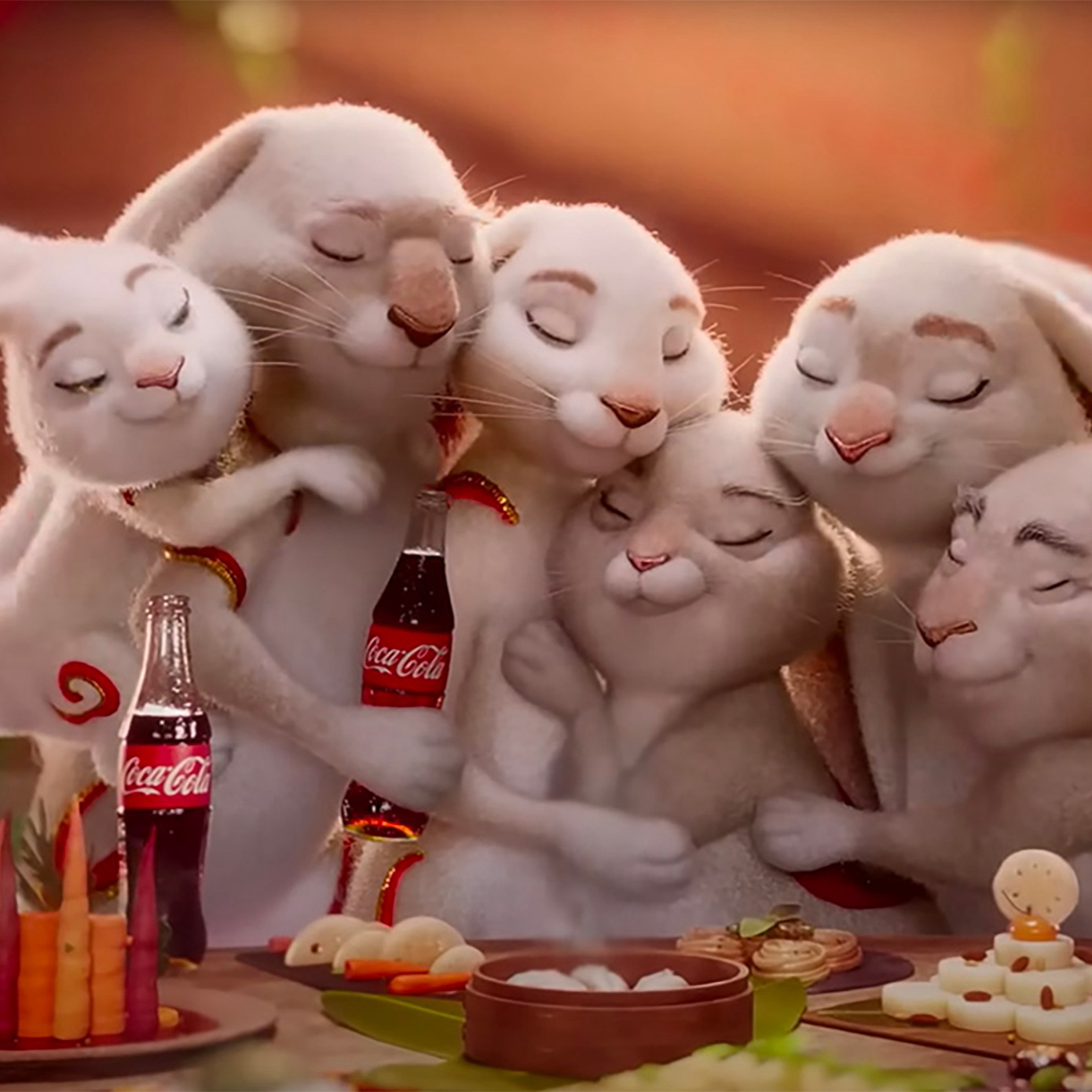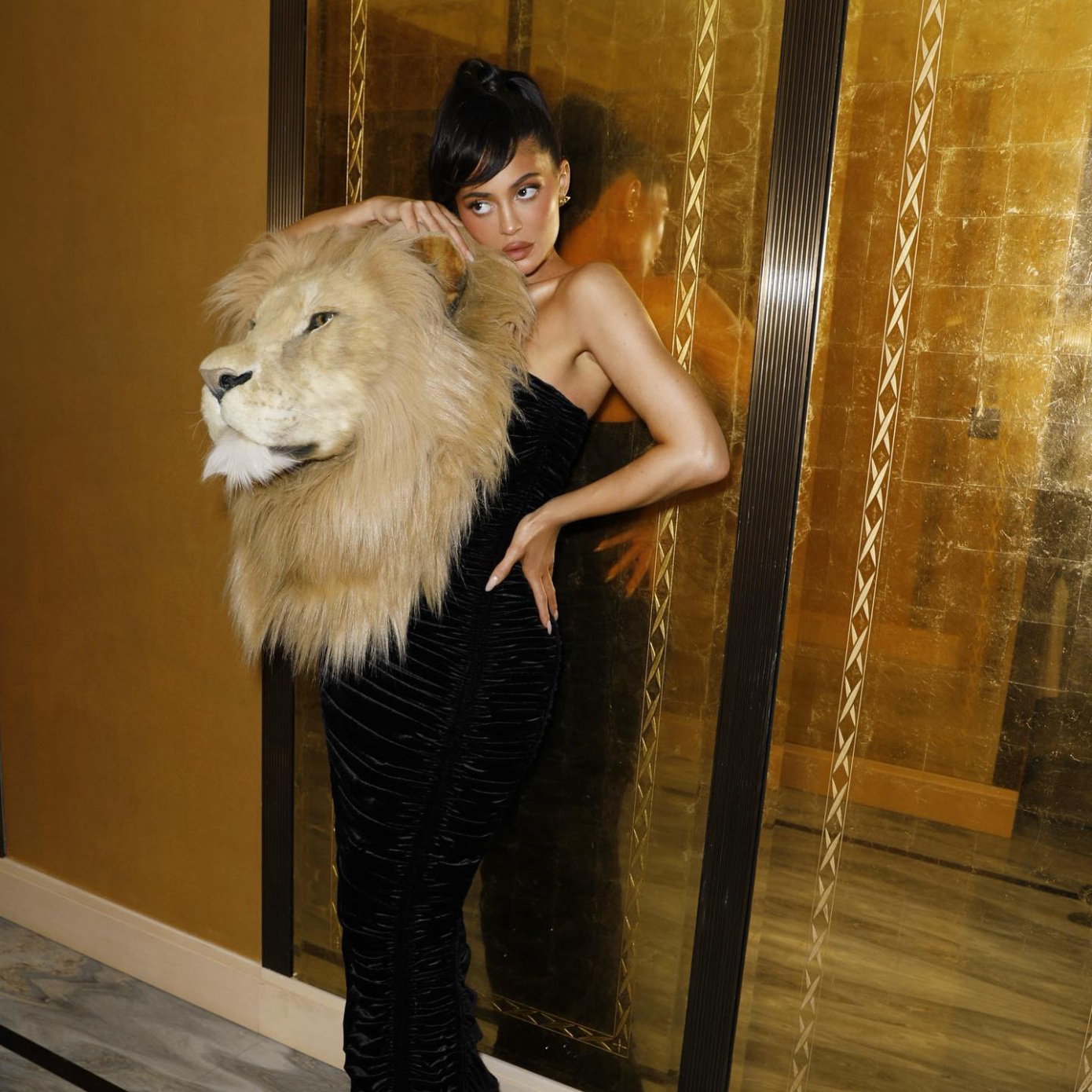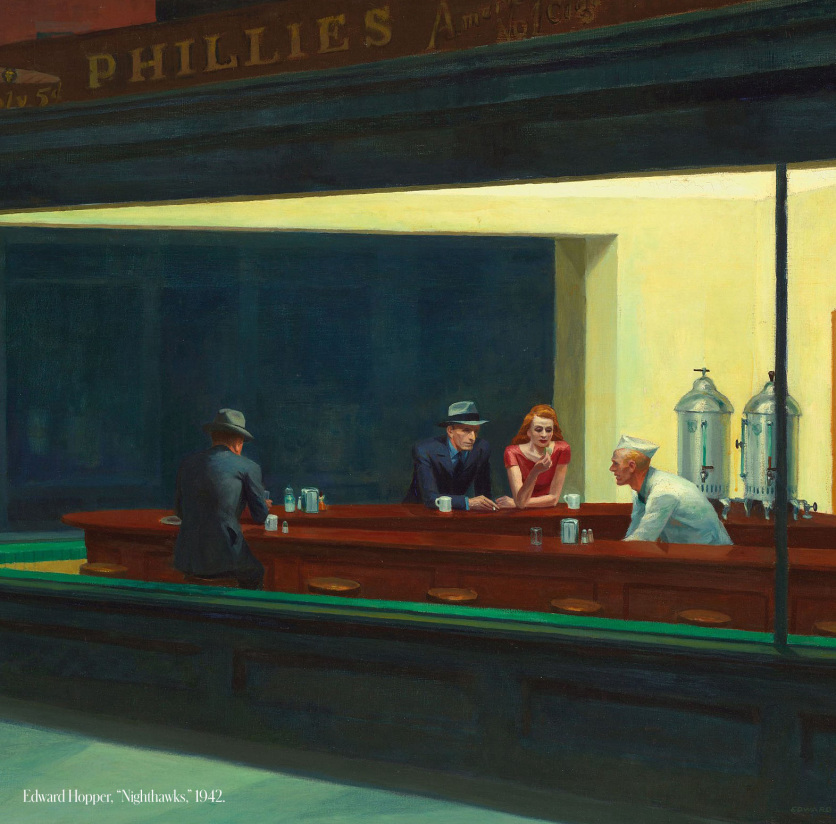Hot Takes is CULTURED's weekly poll that asks leaders across cultural spaces for their two cents on trending topics. Want to share your own? Send your rants to CULTURED by emailing digital [at] culturedmag.com or join the conversation on Instagram and Twitter.
At a time when three West Wing leaders are under investigation for harboring classified intel, the world outside of the White House has never demanded more transparency. This year, New York joined a long list of major cities that mandate employers to share salary ranges for jobs during their hiring processes. It's reflected in consumer behavior, too. Shoppers across all industries insist on knowing the truth while contemplating their purchases. Gallerists are pushing for sales histories, while fashion brands and companies are encouraged to disclose their environmental impact and supply chain practices. Social media—historically a glossy reflection of "the real world"—has also changed, and celebrities and influencers are now barraged with questions of rent costs, beauty hacks, and product origins. Phrases like "Get ready with me” and "What I eat in a day” have replaced the humble brag of yesteryear and "a day in the life" has truly demystified the life gaps we once filled in our minds. But what does all this new information mean, and why do we crave it? Is it a way to form more authentic bonds or a porous opportunity to understand if the grass is really that much greener on the other side?
Steven Kolb
The CEO of the Council of Fashion Designers of America (CFDA), Steven Kolb, fosters an array of programming and open-acess resources for emerging creatives and young brands.
Says Kolb: "Transparency is honesty. It is healthy for our mental health to be our true, authentic selves, whether on social media or not. At the same time, we don’t need to share everything. There is a draw to the mystery of others and who they are. So let’s not give it all away."
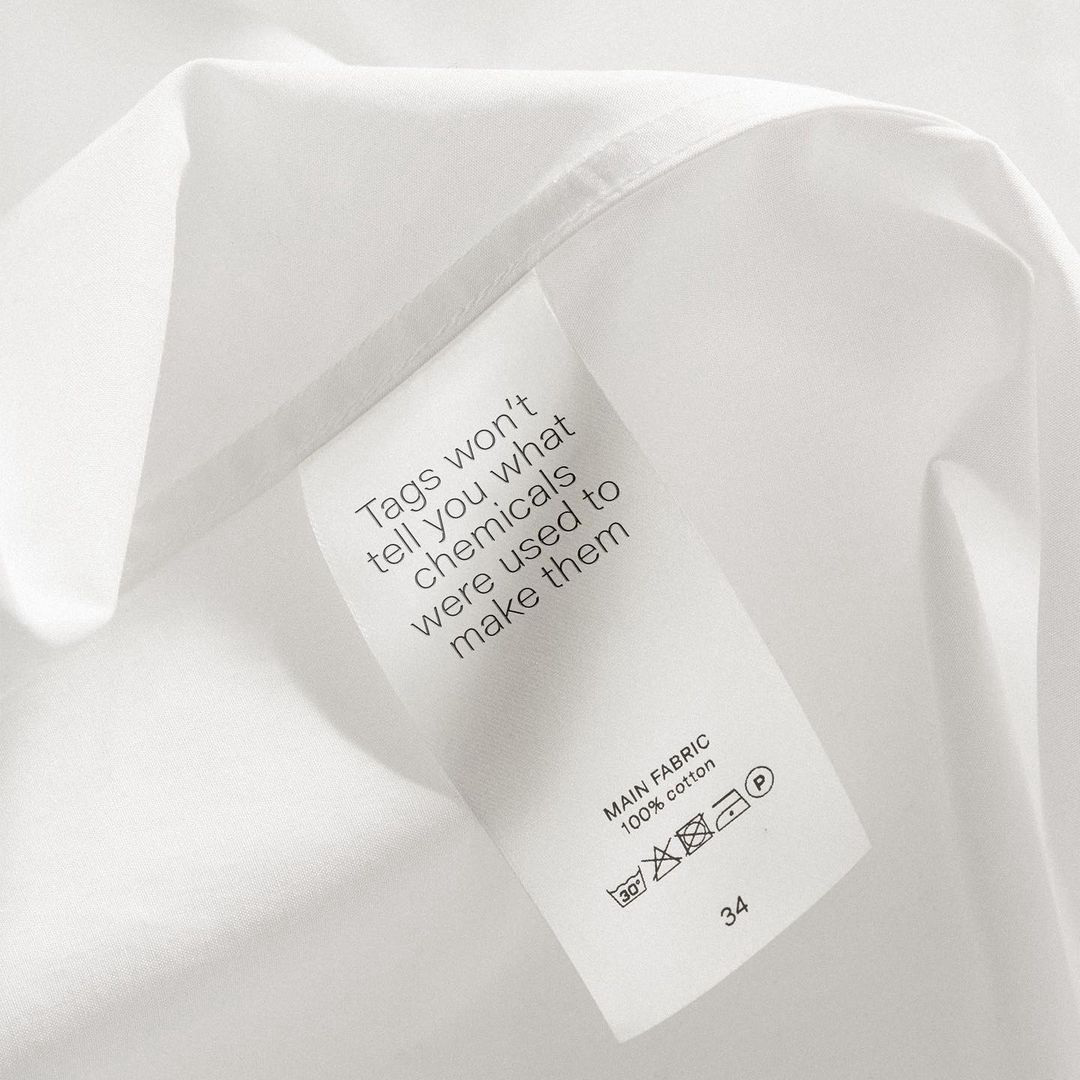
Maxine Bédat
Maxine Bédat is the founder of sustainable fashion think tank New Standard Institute and author of the book Unraveled. In 2021, she spearheaded the introduction of the New York Fashion Sustainability and Social Accountability Act, or, Fashion Act.
Says Bédat: "Media, social media, and perhaps neo-liberal capitalism itself brought with it a very stylized life. We all kind of joined in on that hamster wheel for a solid decade, but it's made all of us exhausted, lonely, and—when it comes to the environment—scared. The call for transparency and real talk across all aspects of our society is the backlash to this stylized life. I have responded to this moment by examining my own life, moving—at least temporarily—to a smaller city where I can engage more deeply in community. I have also retreated from social media, just removing the pressure from documenting my life in any perfected way. Even professionally, our accounts at New Standard Institute are mostly quiet as we focus our organizational attention less on likes and more on convincing legislators to push for corporate transparency and reform. Overall it feels much healthier, slower in a sense, and purposeful. I have opened myself up less on a superficial level, so that I can be open more deeply to the relationships that will help me thrive and, hopefully, ultimately be of better service to society. "
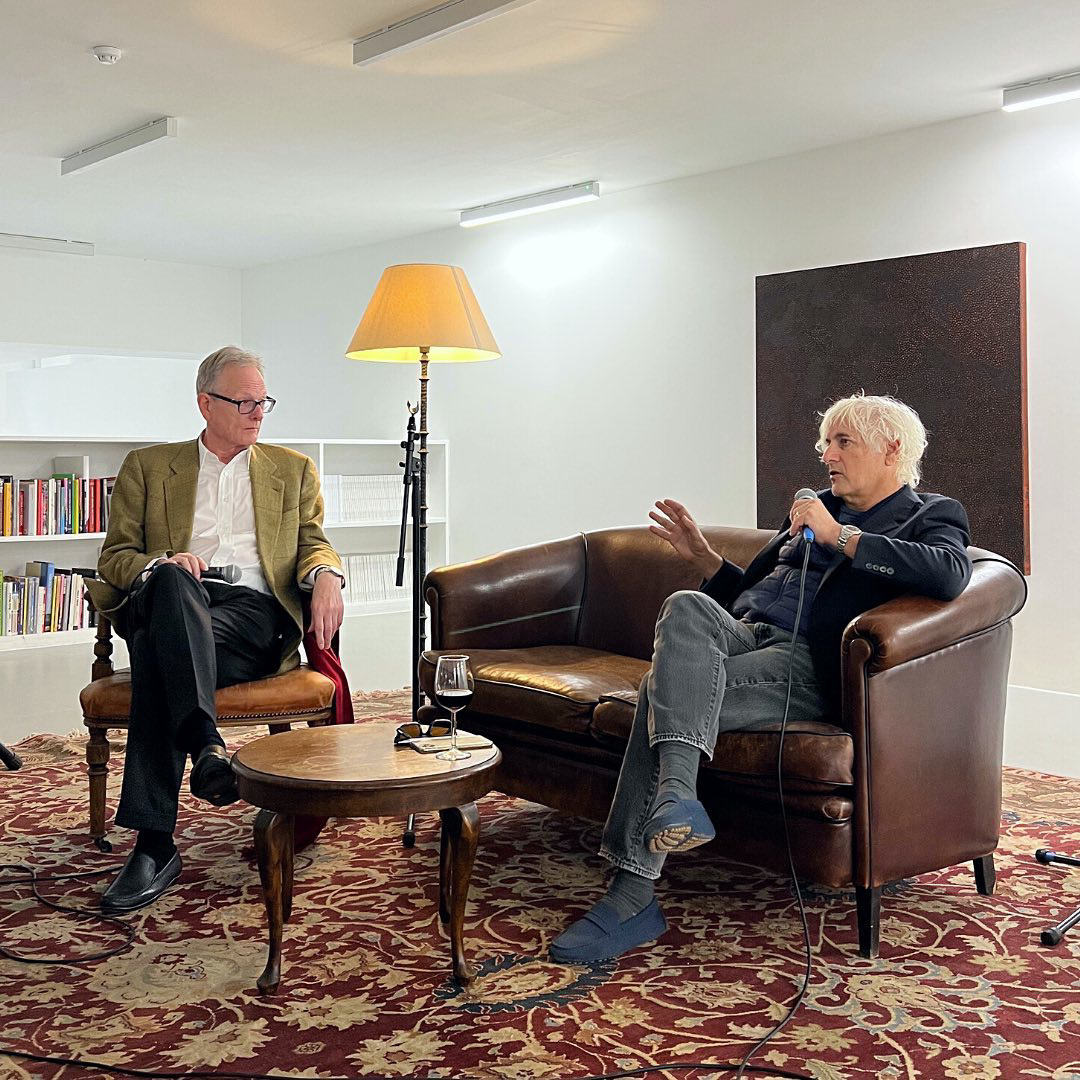
Josh Baer
In 1994, Josh Baer debuted the Baer Faxt, a weekly—and often-times hard hitting—brief to the upper echelon of collectors and dealers about the greater art market. A year ago, the former gallerist (1985-94) launched his eponymous art advisory, which translates his life-long insider knowledge into strategy for next generation collectors.
Says Baer: "Looking for transparency in the art world and art market is a bit like looking for a unicorn or being on a snipe hunt. The people who need to know about prices do, and others are just engaging in a voyeuristic practice, as in looking at $30 millon houses on TV that they could never afford. There is no transparency parameter when it comes to the quality or condition of a specific work of art. Insider knowledge is good form in this business, especially as we are not protecting pension holders in retirement from Iowa, but only one wealthy informed person from another."
Shelley Holcomb Bolaños
Shelley Holcomb Bolaños is an artist, curator, and co-founder of the discovery platforms Curate LA and Curate MX. She is also co-hosts the monthly NTS sex radio show Whits & Giggles.
Says Holcomb Bolaños: "Why do we crave transparency? Maybe because we've never genuinely been granted it. In 2020, my platform Curate LA, in collaboration with The Future Left, took on the task of looking into LA arts institutions to investigate their levels of transparency, diversity, and accountability based on information made public on the organizations’ respective websites. The result was a report we released publicly called Unmask The Top. Why was this important? For centuries, arts institutions have dictated the direction of our cultural ecosystem. They are beacons for the world to experience and learn from today's most creative minds, those who have influenced them, and the historical giants we read about in art history books. But what transactions are we committing to when we visit and participate in these institutions? What dark histories or present-day skeletons (gender pay gaps, wage disparity, racial inequalities, and lack of employment benefits, to name a few) are we unknowingly endorsing when we share their content on our personal social media stories? Why is it so hard to find information on who they are taking donations from?? I believe that the public and the arts community at large deserve and most definitely crave more disclosure so that we can better make these moral decisions for ourselves. I know I do."
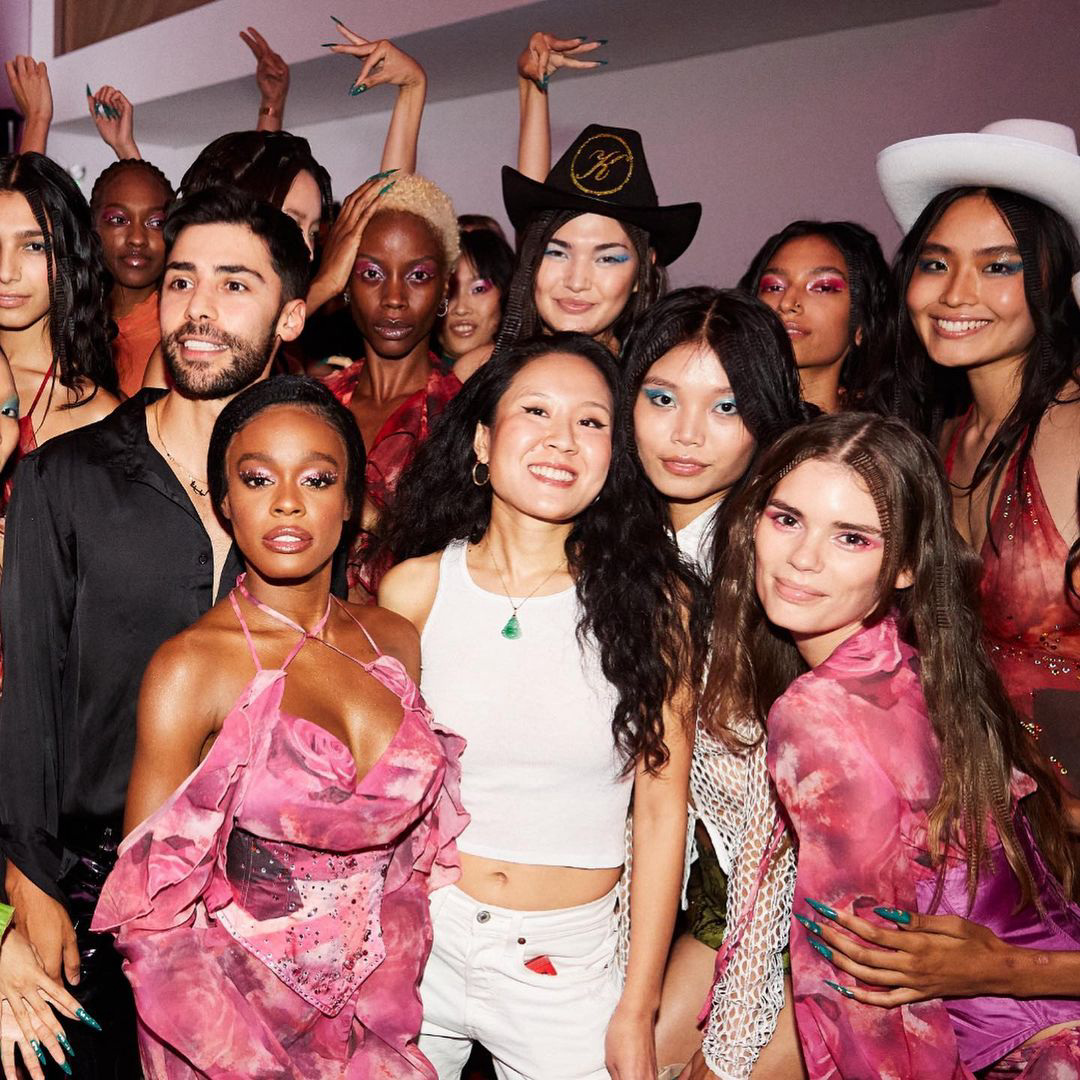
Kim Shui
Forbes 30 Under 30 rankee Kim Shui had no idea she wanted to become a fashion designer when she graduated from Duke University in 2011, but just over a decade later, she's established her independently-owned brand as a force in the New York fashion scene. The designer connects her Chinese heritage with her European identity—having been raised in Italy—through her eponymous line, and reveals a humanizing honesty through the lens of social media.
Says Shui: "We crave transparency because luxury fashion doesn’t connect to consumers in an authentic and vulnerable way. When you’re buying a product, you often don’t know the designer’s struggles, stories, or what goes on behind the scenes. I was shy to share personal things on social media at first, but now that I’ve started, I love being able to connect and talk to girls that like the brand. I like hearing feedback on ways I can improve and do better. I’ve been making GRWM videos, clips of me trying on the clothes that I make, and BTS of casting (pre and post show) that give others a more inside look. I made a video sharing how I became a designer, hoping that whoever watched it could feel encouraged to pursue their dream. I wanted to let people see the 'NOs' and the 'failures' that we don’t normally see on a picture perfect highlight reel because it’s also not reality. Despite the many obstacles, I am still fighting for what I’m passionate about and hopefully whoever is watching can also not be discouraged by being turned away."
Hannah Williams
Hannah Williams, who runs the omni-channel media brand Salary Transparent Street, is known on TikTok for asking random passersby "what do you do?" and "how much do you make?" The Georgetown graduate came up with the idea during her own difficulties trying to enter the job market, and has since turned her self-funded venture into a country-traveling study that spans field reporting and insightful market analysis.
Says Williams: "Regarding pay transparency, the prior norm of secrecy has allowed companies to take financial advantage of their employees, especially women, minorities, workers with disabilities, and the LGBTQ+ community. It may feel like a fad to ask this question now because we don't hear it often, but that's entirely the point! Our mission is to destigmatize this question and normalize it by demonstrating how valuable the information from it can be. Being transparent about salary and pay is helping people realize how much they should or could be making, and it's changing lives."
Isaac Hindin-Miller
Self-described fashion journalist turned DJ Isaac Hindin-Miller does more than just bare his soul on the turntables. His straight-to-camera social media videos document his personal peaks and valleys—from his journey toward sobriety to the elusive battle for New York real estate.
Says Hindin-Miller: "I’ve been nosy my whole life so it doesn’t surprise me that people want to know the behind the scenes reality of the average person’s brain, bank account, or bedroom proclivities. I’ve shared pretty openly and honestly on TikTok and Instagram about my struggles with alcoholism and addiction and self doubt and job failures, but there are some things I’d prefer to keep private—like the fact that my mother keeps telling me to get a dog so I’m not lonely in my apartment at night. Every time I’m super honest on the Internet I’m terrified when I click publish, but I’m usually happy I did it when I hear other people are feeling the same way."

